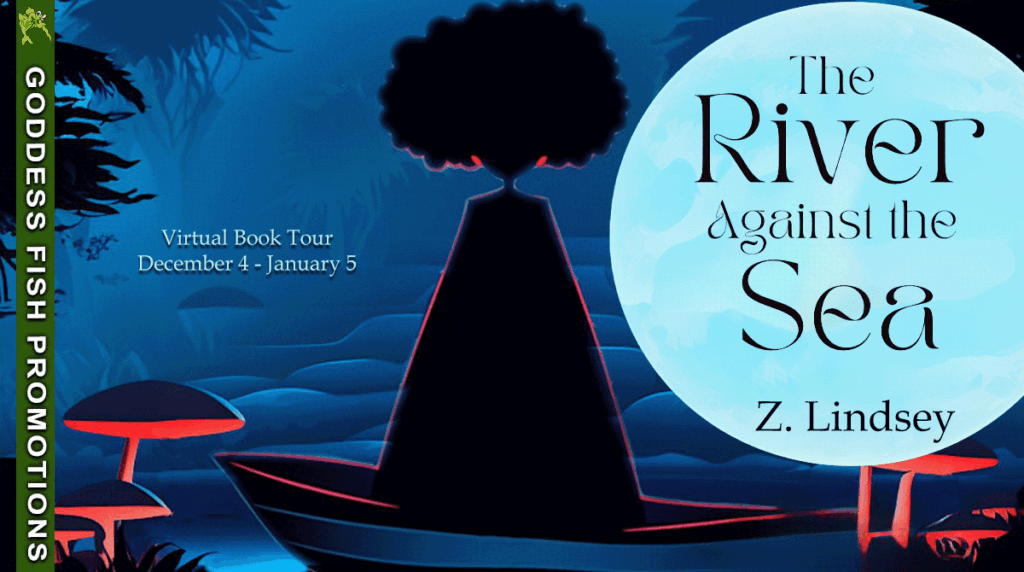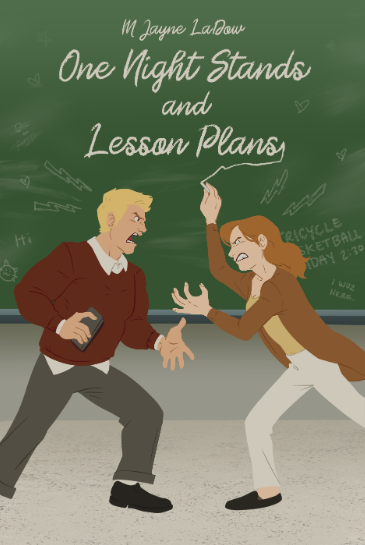This post is part of a virtual book tour organized by Goddess Fish Promotions. Z. Lindsey will be awarding a $20 Amazon or Barnes and Noble GC to a randomly drawn winner via rafflecopter during the tour. Click on the tour banner to see the other stops on the tour.
Human culture is complicated. Add elves, orcs, lizardmen, and more to that, and things get very complicated. When you’re writing about fictional cultures, it’s tempting to find a culture you like from the real world and ‘copy-paste’ it into your story.
On Facebook science fiction and fantasy writing groups, I see questions like, “How can I sensitively base my mountain-dwelling dwarven miners off of ancient Mongol culture?” (This question is based on a real post, but I changed details to avoid shaming a specific writer, because this is not about shaming.) As an anthropologist, I know how to address this–but it may not be the answer the writer wants to hear.
Sometimes writers will say that it’s their right to write about anything they want, whether sensitive ears are offended or not. If I want to base my lizardmen on the Aztecs, who’s to stop me? But the issue isn’t some culture war question about who has the right to write about what. If you base your lizardmen on the Aztecs but profoundly fail to understand Mexica culture, those of us who study these things will not be offended. We’ll think you’re dumb. I assume no writer wants that.
So how can you base your dwarven miners off of Mongolian culture without coming off as a dope?
The answer, I’m sorry to say, is you probably can’t. Culture develops very much in response to its environment and its neighbors. That means starting with an existing culture is usually doomed to failure.
Mongol culture as we understand it today began on a plateau. While there are mountains around, that’s not where the ancient Mongols grew up, and Mongols didn’t usually harvest minerals by digging deep into the mountains like we typically imagine dwarves doing. Even today, most mines in Mongolia are open-pit mines, not in the mountains.
So there’s dissonance taking dwarven miners and putting them in Mongolian clothing. Your dwarves can be Mongols, but why would they use yurts, for example? Yurts work best on flat land because of their construction style. In the mountains, you can take advantage of caves for shelter.
If you say, “Fine, they won’t use freaking yurts,” well, home is where activities like cooking take place. Without yurts, you’ll have to reevaluate food culture and how people cook. In the end, what is Mongolian about your dwarves? They look like it? Superficial appearance is a road to racial stereotyping.
The other option is not doing that.
Instead, say, “My dwarves need to be miners for my story, so how did ancient cultures who mined live? What kind of houses did they have? What social patterns were common?”
This research might seem more abstract. You can’t google “Mongolia” and read the Wikipedia article. But I suspect you’re doing more than that already. It’s not a matter of doing more research, but shifting the focus. Focus on how a variety of real-world cultures adapt to environments similar to the ones in your story.
If we want to emulate Mongols, we’d probably have our dwarves make incredible woodcarvings. Mongols were famous for wooden sculptures. But maybe our dwarves don’t have many trees on the high mountains where they work, so they create incredible sculptures out of stone. Maybe they even find wood art to be repulsive. They work with stone all day, so why not? Wood is for the elves!
Focusing on the environment does two things: 1) It lessens the chance of creating stereotypes and unflattering portrayals of real cultures. That’s because your base point is an environment, not a people. And 2) It gives you more freedom, because you’re not bound by the facts of a real culture. You can build elements into your story that you want to, regardless of facts. If your dwarves still look Mongolian after all that reverse-engineering, there’s nothing wrong with that. They’ll look like that for logical reasons, not because you thought Mongols looked cool.
You don’t have to throw away your visions of rugged mountains. But if that’s where you want your story to take place, research how people adapt to the mountains. There are lots of fascinating details, like higher infant mortality rates because of oxygen issues! I recently wrote a story about a young woman who comes down from the mountains while pregnant to ensure her child comes to term … only to find a devastated and apocalyptic world waiting for her.
Rather than picking real-world cultures to emulate in your fantasy (especially when creating monsters), consider researching how people respond to certain environments. A great starting point is The Alternative Introduction to Biological Anthropology, by Jon Marks. And don’t copy-paste!
Some heroes have swords. Essimore Darkenchyl has a pen. But it’s a magic pen.
Some wizards have spellbooks. Essie has Gossen’s Guide to Shipping Law. But it’s a current edition.
Some sailors have . . . experience. Essie has a new diploma and a year-long contract, and her people have won wars with less.
And that’s good, because between stolen weapons, a coup, and a strange disease creeping in around her and the crew, she might need to win a war.
In a world that blends traditional fantasy with the Age of Exploration, Essie knows a pen is mightier than a sword, especially since hers sometimes shoots lightning.But what she thinks is a routine political dispute turns out to be something much, much more, and she may have finally met the one problem she can’t talk her way out of.
Enjoy an Excerpt
Essie cleared her throat. From her backpack, she removed the letter of service that granted her travel permission to sail on the ship. It was folded neatly into thirds, with a glittering blue wax seal on it.
“Essimore Darkenchyl at your service, sir. I’m your new fully licensed shipping coordinator with Power of the Pen. It’s an honor to be aboard.”
The captain took the letter without opening it, folded it in half with no regard for the beautiful wax seal, folded it messily again, and jammed it into his pocket. The whole time, Essie winced.
“Right-o.” As he smiled, the older man’s cheeks dimpled and his white teeth shined in the sun. “Well, I thought we were leaving without you, but here you are. Good on you. Great. Yeah.” The captain turned to the teenager at his side. “Grab her bag and get her stuff to her room. She can hang out there til dinner.”
As the teenager shouldered her bag and grunted, she and the captain looked at each other, the captain with his beaming smile. Once the teenager left, she said, “Thanks for welcoming me onto your ship.”
“Yeah. Fully licensed, you say?”
“Absolutely!”
“Okay. Have a nice one. See you at dinner.”
“Don’t we need to . . . uh . . . onboard?”
“You’re already on board. You managed that just fine.”
“But . . . signing things. Paperwork. Reviewing the staff log. Staff log, sir!”
The captain’s smile faded, but reappeared so fast she wasn’t sure if she’d seen it go.
“Okay, fine. Let’s talk in my cabin.”
About the Author Zac Lindsey is an anthropologist and a linguist who focuses on the Maya people of Quintana Roo. Since childhood, he’s had a not-so-secret love of weird, silly, and well-structured fantasy. When other people’s parents were reading them picture books, his mom was reading him Terry Brooks. He typically writes hopeful and character-driven fantasy.
Today, he lives in Quintana Roo, Mexico with his wife, daughter, and various stray cats.
Buy the book at Amazon or Barnes and Noble.


























Thanks for hosting!
Thanks so much for publishing this, it was a ton of fun to write!
Thank you for stopping by and we wish you the best of luck with your book!
Super interesting and useful (with the added bonus of some fun facts about the Mongols).
This looks like a fantastic read. Thanks for hosting this giveaway.